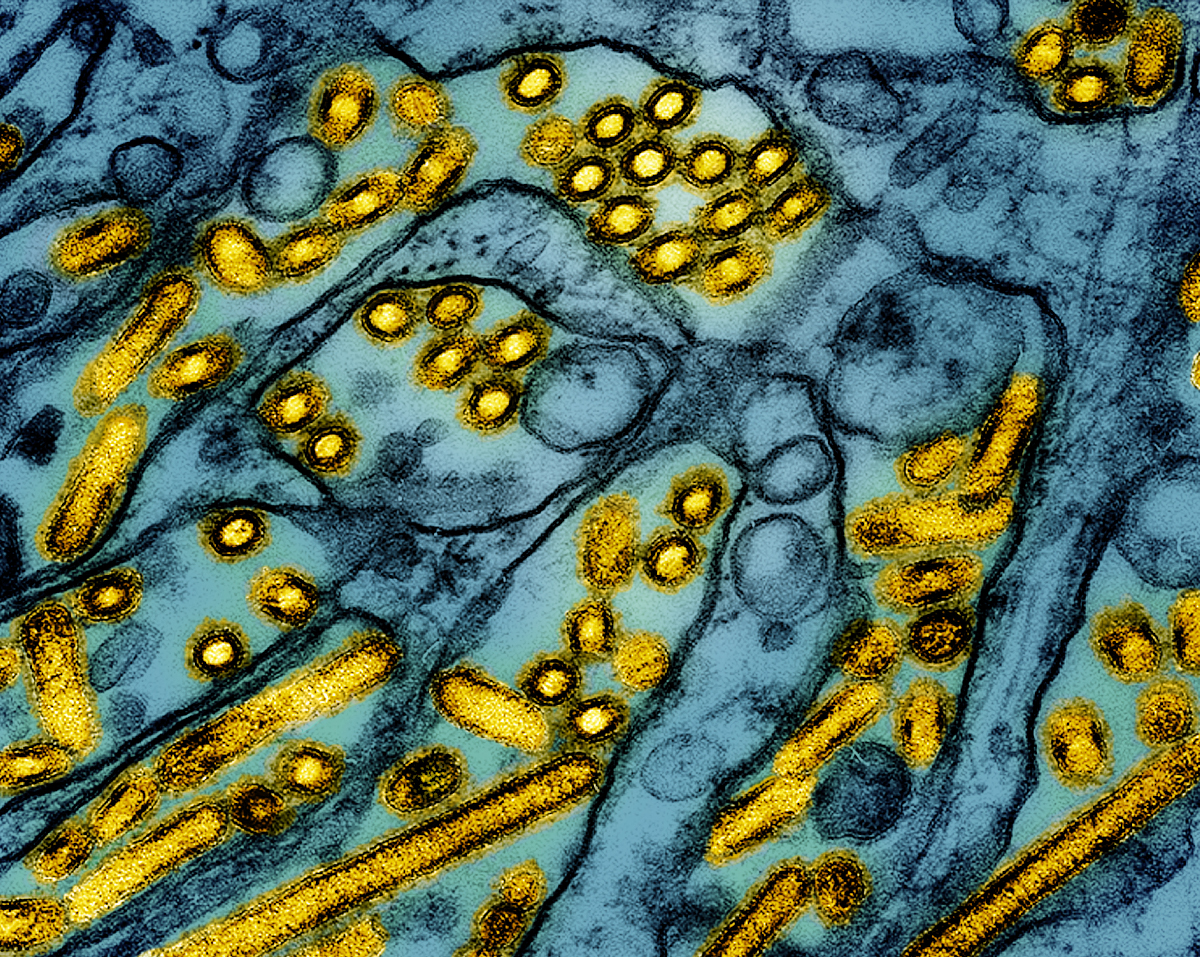A Washington resident died of complications from an infection with a bird flu strain never before reported in humans, the state Department of Health said on Friday.
The patient was an older adult with underlying health conditions who had been hospitalized and undergoing treatment for infection with H5N5 avian influenza.
It’s the first reported case of bird flu in a human in the US in nine months and only the second reported human death from the virus in the United States, but the US Centers for Disease Control and Prevention has said that the risk to the general public from the virus remains low.
Comments closed

